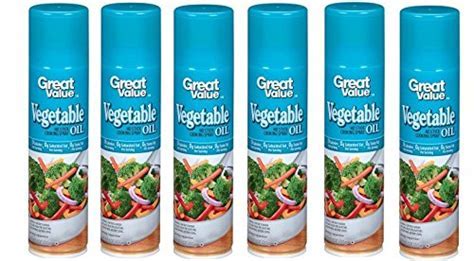What oil for garden tools? In this article, we’ll provide information about which oils are best for various garden tools.
We will also discuss how to properly care for your garden tools so they can last longer and perform better. These tips can help keep your outdoor space looking beautiful while meeting all of your landscaping needs.
Key Takeaways
- Oil tools are an essential part of any gardener’s toolkit. Proper lubrication is key to ensuring they last for years to come.
- To oil garden tools with wooden handles, boiled linseed oil is a great choice. It penetrates the wood, moisturizing it and hardening to form a protective barrier. Tried and True’s boiled linseed oil is a non-toxic and food-safe option that contains chemical drying agents to speed up the drying process.
- Camellia oil is a great choice for lubricating moving parts on pruning tools and hoes. It is plant-based, non-toxic, and stays viscous in cold weather, making it perfect for outdoor use.
- For heavy-duty lubrication needs, 3-in-1 Oil or lithium grease are good options. 3-in-1 Oil is petroleum-based and lasts longer than Camellia oil. Lithium grease is great for lubricating pruners or loppers when they are disassembled.
- Regular maintenance like oiling your tools will help prevent rust and condition wooden handles to keep them from absorbing water and prevent cracking. Taking care of your tools in this way will ensure that they stay in top condition for many seasons of gardening enjoyment.
What Oil For Garden Tools?
Oil tools are an essential part of any gardener’s toolkit. Keeping them properly lubricated is key to ensuring they last for years to come. The first step in oiling your tools is to use a clean rag and apply lubricating oil to both the wooden handle and the metal blade.
Rub the oil into the surface then wipe off any excess. This will help prevent rust and condition the wood to keep it from absorbing water and prevent cracking. After the handle has dried, apply a second coat of oil if needed.
Tools with fiberglass or composite handles will only need a good cleaning, but some gardeners prefer to sand wooden tool handles and reapply a coat of exterior finish such as spar varnish for extra protection against moisture and wear.
Taking care of your tools with regular maintenance like this will ensure that they stay in top condition for many seasons of gardening enjoyment!
Oil for Wooden Handles

Boiled linseed oil is a great choice for treating wooden tool handles. It penetrates the wood, moisturizing it and hardening to form a protective barrier.
This oil from Tried and True is made the old fashioned way and is non-toxic and food safe, making it an ideal choice for those who are looking for a safe option.
The added chemical drying agents help to speed up the drying process, so you can get back to using your tools in no time.
Oils for Lubricating Moving Parts

Camellia oil is a great choice for lubricating moving parts on pruning tools and hoes. It is plant-based and non toxic, so it won’t harm the environment or your skin.
Plus, it stays viscous in cold weather, making it perfect for outdoor use. To apply Camellia oil to your tools, simply dab some onto a cloth and rub it into the moving parts of the tool.
For more heavy duty lubrication needs, 3-in-1 Oil or lithium grease are good options. 3-in-1 Oil is petroleum based and not as “clean” as Camellia oil, but it does the trick when you need something that lasts longer than Camellia oil.
Lithium grease is also great for lubricating pruners or loppers when they are disassembled; just apply a dab between the two blades and you’re good to go!
Oil for Protecting Metal

Vegetable oil spray is an effective way to protect metal tools before winter storage. It is a quick and easy way to apply a protective coating that will help keep rust away. The oil won’t last as long as 3-in-1 oil, but it is non-toxic and safe for use around the home.
To use vegetable oil spray, simply spray the metal tool with a light coat of oil and let it dry. This will create a thin layer of protection against moisture and other elements that can cause rust or corrosion.
The oil should be reapplied every few months or so, depending on how often the tool is used and stored in wet conditions. Vegetable oil spray is also great for protecting outdoor furniture, garden tools, and other metal items from the elements.
Conclusion
This article provides information on the best oils to use for garden tool maintenance, such as boiled linseed oil for wooden handles and Camellia oil for lubricating moving parts.
3-in-1 Oil and lithium grease are also good options, as well as vegetable oil spray which can be used to protect metal tools before winter storage.